Last week marked another significant moment in Israel-India relations as a major business delegation from India, led by Minister of Commerce and Industry Piyush Goyal, arrived in Israel. This adds to a series of high-level visits in recent months, aimed at setting the stage for a new phase in the Israel-India strategic friendship—one that truly focuses on innovation and co-creation. These visits mark the return to normalcy after the war, signalling a clear message of confidence in Israel, its resilient economy, and the long-standing partnership between the countries, now unlocking new domains for business cooperation.
However, what matters most is that this momentum must translate into action. What we need now is to ensure that this unprecedented wave of engagement doesn’t merely produce MoUs and diplomatic events but translates into a deepened strategic partnership that practically adopts innovation across all sectors.
The strength of Israel-India relations was tested during the war, and the results speak volumes. India stood firmly next to Israel. The Narendra Modi government supported Israel’s right to self-defence and continued to manufacture and supply defence equipment to Israel despite domestic and international criticism. Israel reciprocated this loyalty during India’s ‘Operation Sindoor’.
Throughout the conflict, Israeli officials worked tirelessly to maintain the partnership. Economy Minister Nir Barkat made two subsequent visits to India—one in December 2024 and another in February 2025—joined by the largest business delegation ever to India, with approximately one hundred Israeli businesspeople. On India’s part, National Security Advisor Ajit Doval arrived in Israel during the war to convey a special message of support from Prime Minister Modi. These weren’t ceremonial gestures—they were deliberate efforts to keep the partnership alive when it mattered most. This loyalty must now be the foundation for exponential growth, not just business as usual.
Quick Reads
View AllThe current bonanza of opportunities didn’t emerge overnight—it’s rooted in decades of strategic cooperation. Security collaboration has been a cornerstone from the very beginning, with Israel proving to be a reliable partner in all of India’s modern wars (1965, 1971, and 1999). Israeli defence industries pioneered business models featuring joint ventures, knowledge sharing, and local production—even before Modi’s government announced the “Make in India” policy and the drive for self-reliance (Aatmanirbhar Bharat).
The results are extraordinary. Israeli defence industries are flourishing in India with several blockbuster deals in recent months, worth billions of dollars, and include anything from rifles and missiles to converting passenger planes into refuelling aircraft.
These deals demonstrate what’s possible when strategic alignment meets operational trust. But the defence sector shouldn’t be the ceiling—it should be the template. The joint-venture model, local production, and knowledge sharing—this is exactly what Israel and India should be replicating across technology, agriculture, water, renewable energy, AI, smart mobility, and more.
The economic infrastructure is set in place to support this. Last September, Finance Minister Bezalel Smotrich’s trip resulted in the historic investment-protection agreement between the countries. Israel became the first among OECD members to sign such an agreement with India. This isn’t merely symbolic—it’s expected to dramatically improve the business climate and expand mutual investments, including within IMEC, which focuses on digital, energy, and trade connectivity. It will also pave the way for a free-trade agreement, which has been under negotiation since 2010 and, following Minister Goyal’s visit, is back on the table.
Moreover, Foreign Minister Gideon Sa’ar’s recent visit to India emphasised the friendship between the countries and the need to strengthen frameworks such as I2U2 and IMEC, and resulted in the renewal of direct flights between the countries—an important factor in supporting business activity.
The recent defence dialogue resulted in a memorandum of understanding to deepen cooperation in cyber, dual-use technologies, AI, electronic warfare, and space. These mark relatively new territories for industrial-defence collaboration, supported by public-private cooperation in programmes like Drishti. This signals the right direction: going beyond the three major Israeli defence companies to include many more small and medium-sized defence companies and startups that emerged from the war over the last two years.
The success of IAI, Rafael, and Elbit should pave the way for these startups to focus on the Indian market and forge partnerships on R&D, design, and manufacturing with Indian partners. This approach will allow even a traditional sector like defence to renew itself and grow exponentially, supporting India’s ambition to become a global arms exporter while maintaining Israel’s innovative edge amid increasing competition.
The recent interactions have laid the groundwork for a visit by Prime Minister Benjamin Netanyahu to India—hopefully sooner rather than later. This has created high visibility and expectations for upgrading relations into a genuinely new phase. The infrastructure exists. The agreements are being signed. The question is whether both countries will leverage these tools with the urgency they deserve. We must leverage this opportunity and execute.
Israel and India aren’t just trading partners—they’re strategic partners confronting similar threats, sharing democratic values, and possessing complementary strengths. Israel’s innovation ecosystem and India’s scale and manufacturing capabilities create a natural synergy.
Joseph Rozen is an expert on national security and international affairs, founder of Solaris Global Partners geopolitical consultancy, partner at i2 company which facilitates business activity between Israel and India, and a senior fellow at Misgav Institute. Views expressed in the above piece are personal and solely those of the author. They do not necessarily reflect Firstpost’s views.


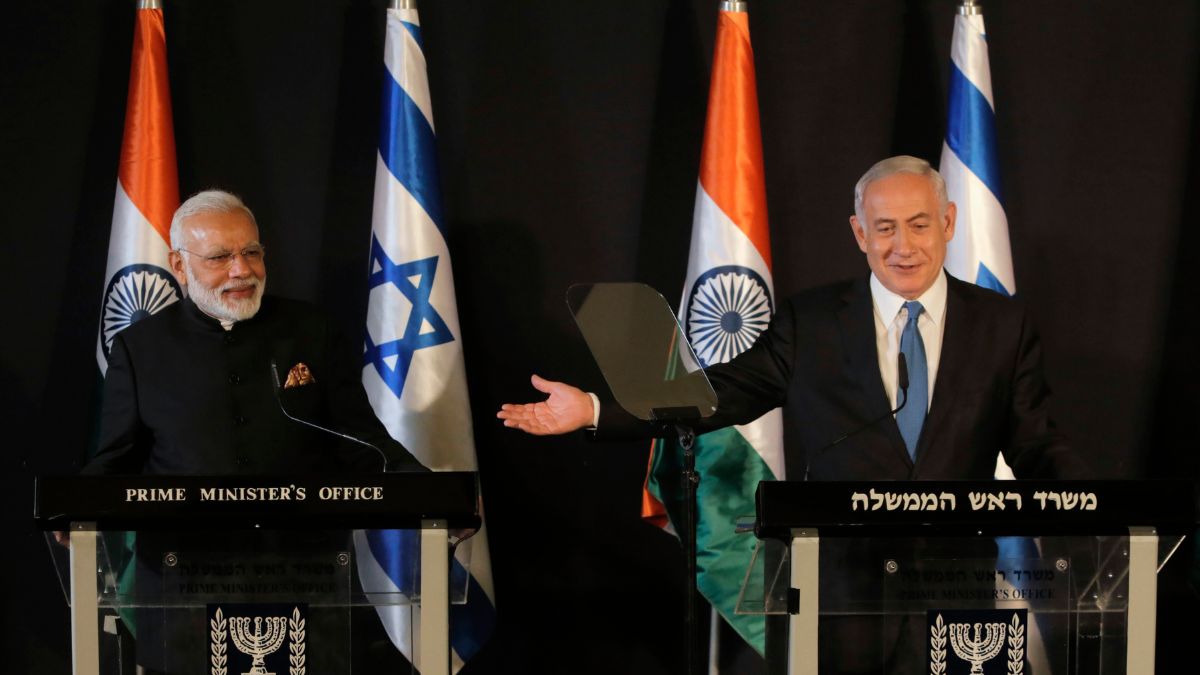)
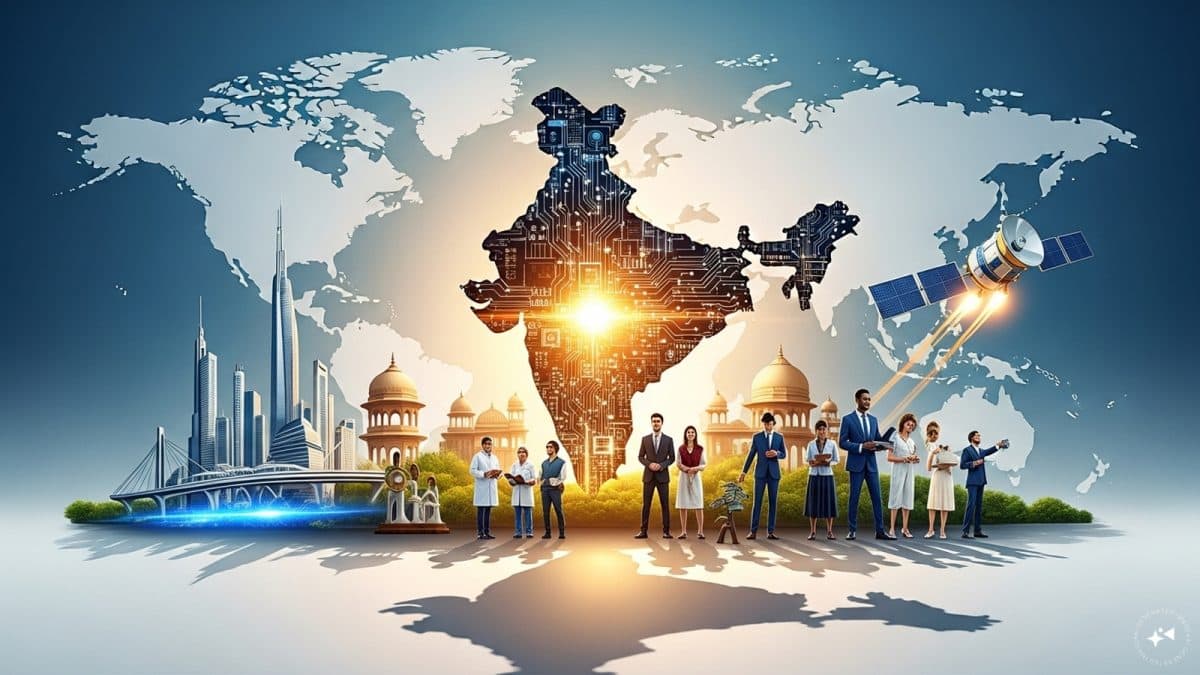
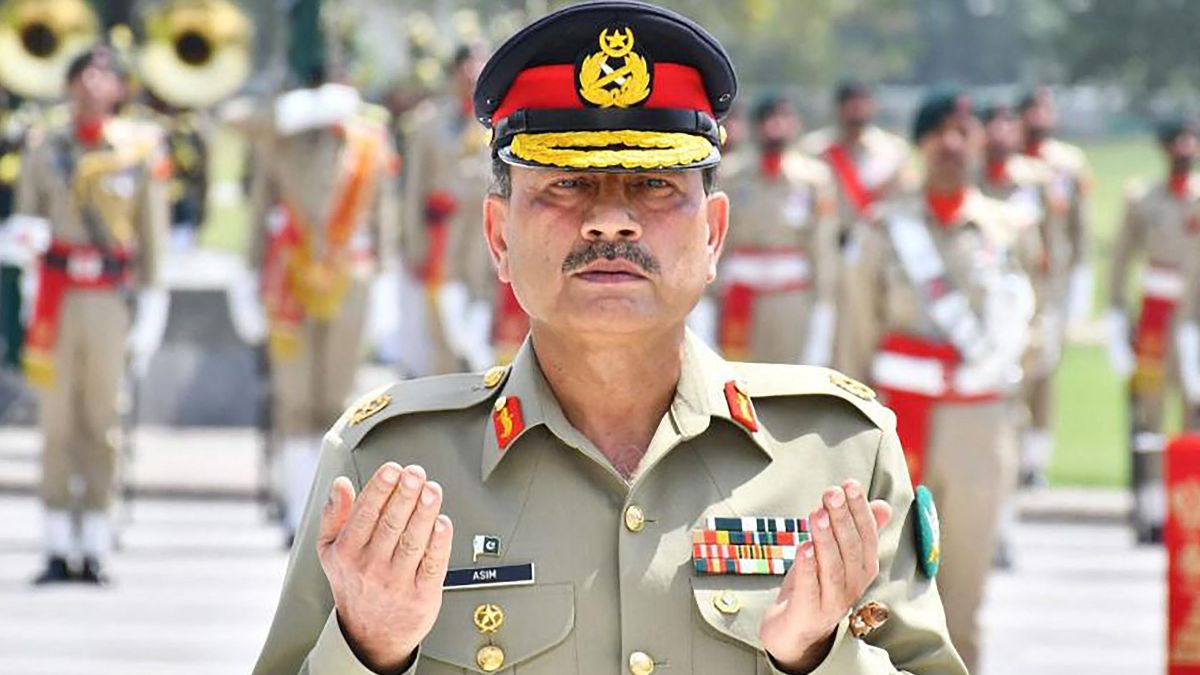)
)
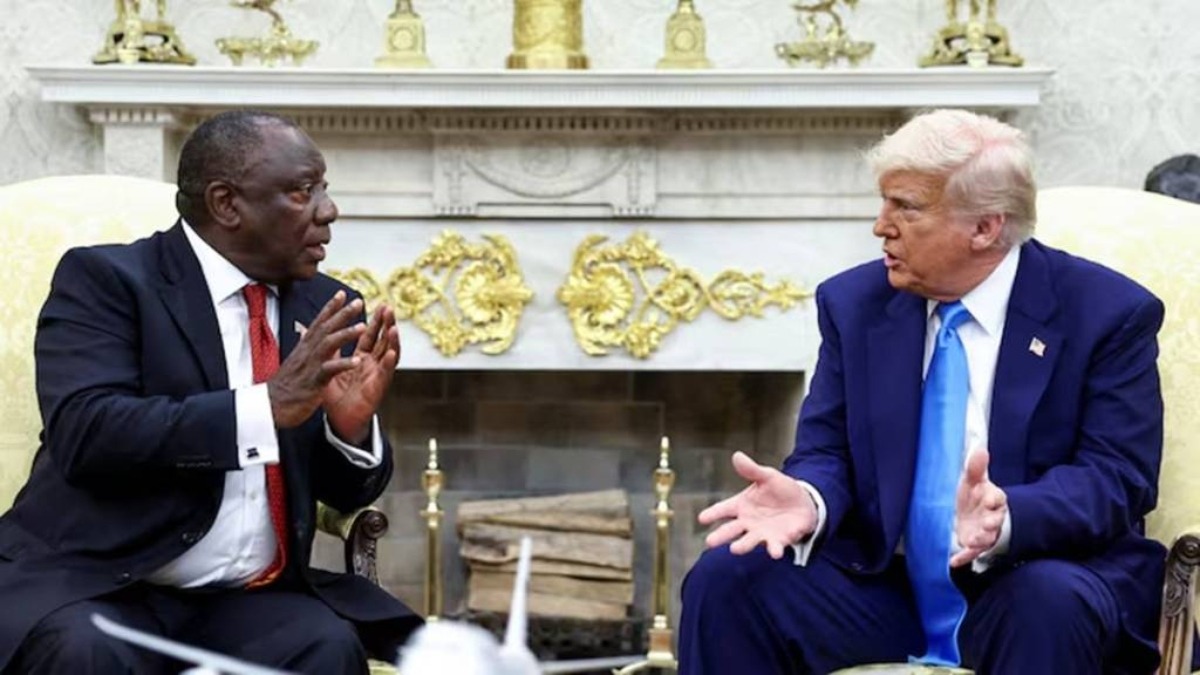)
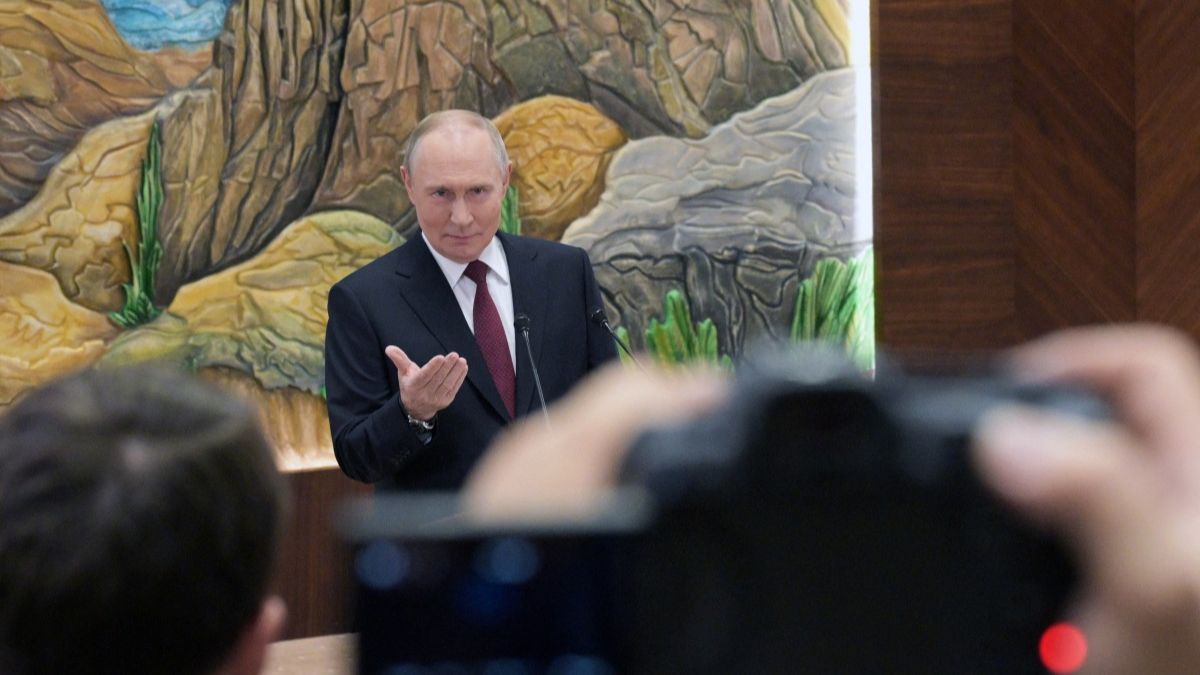)
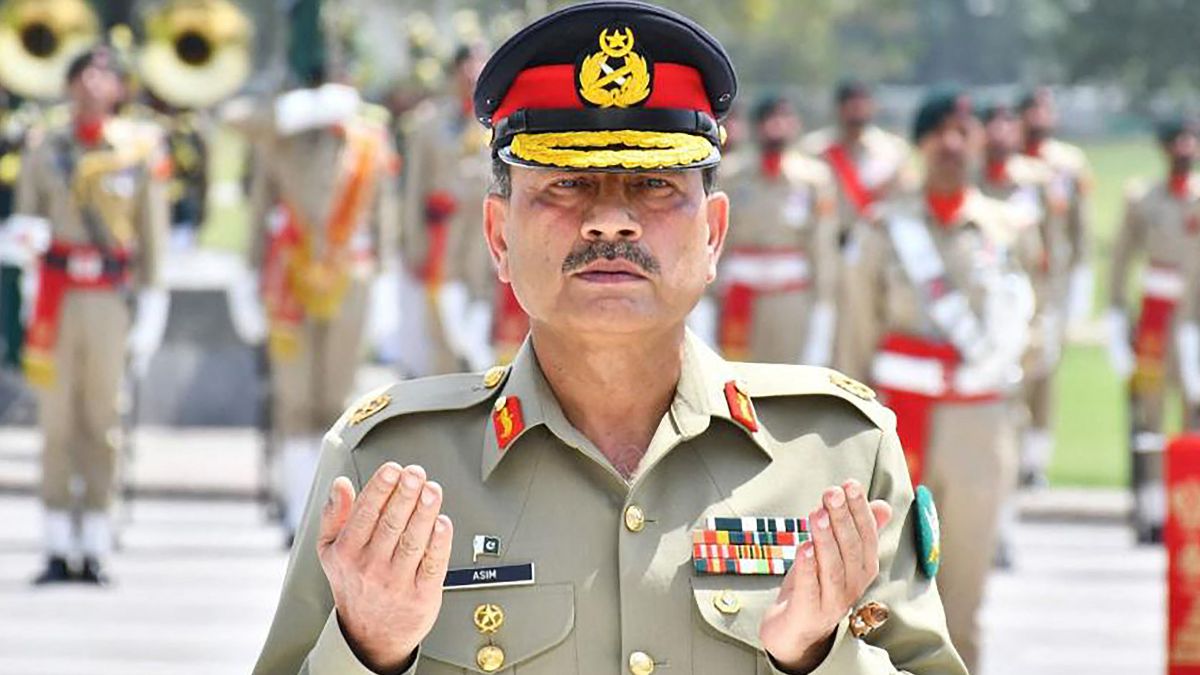)
)
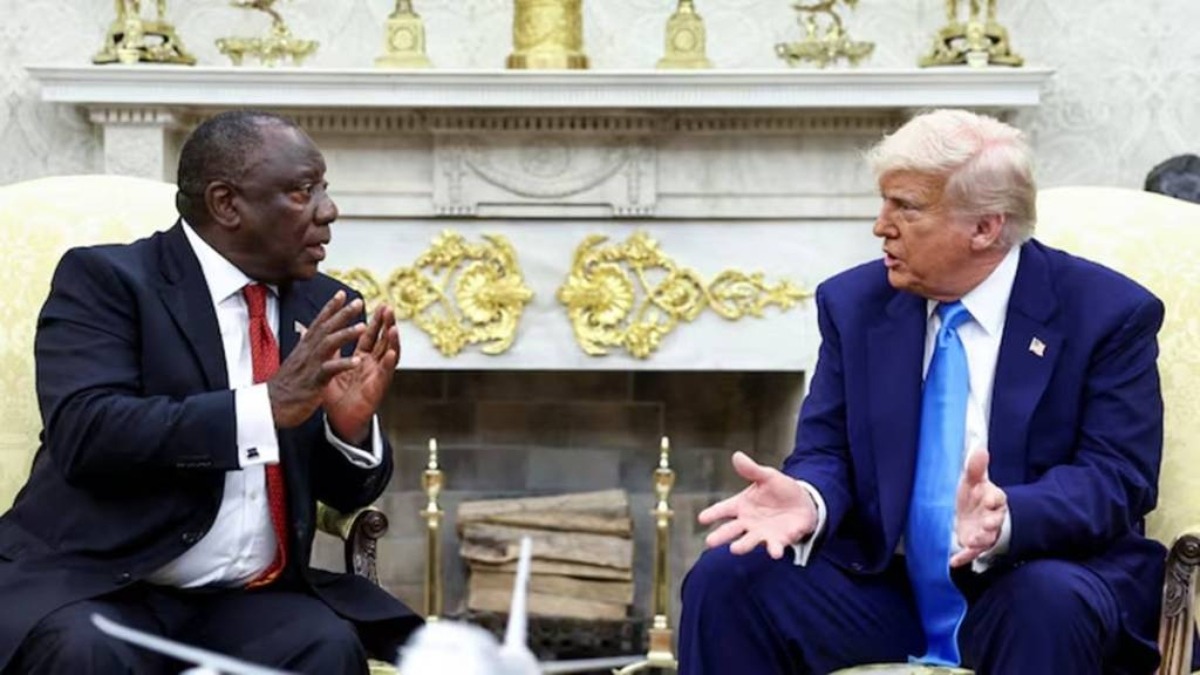)
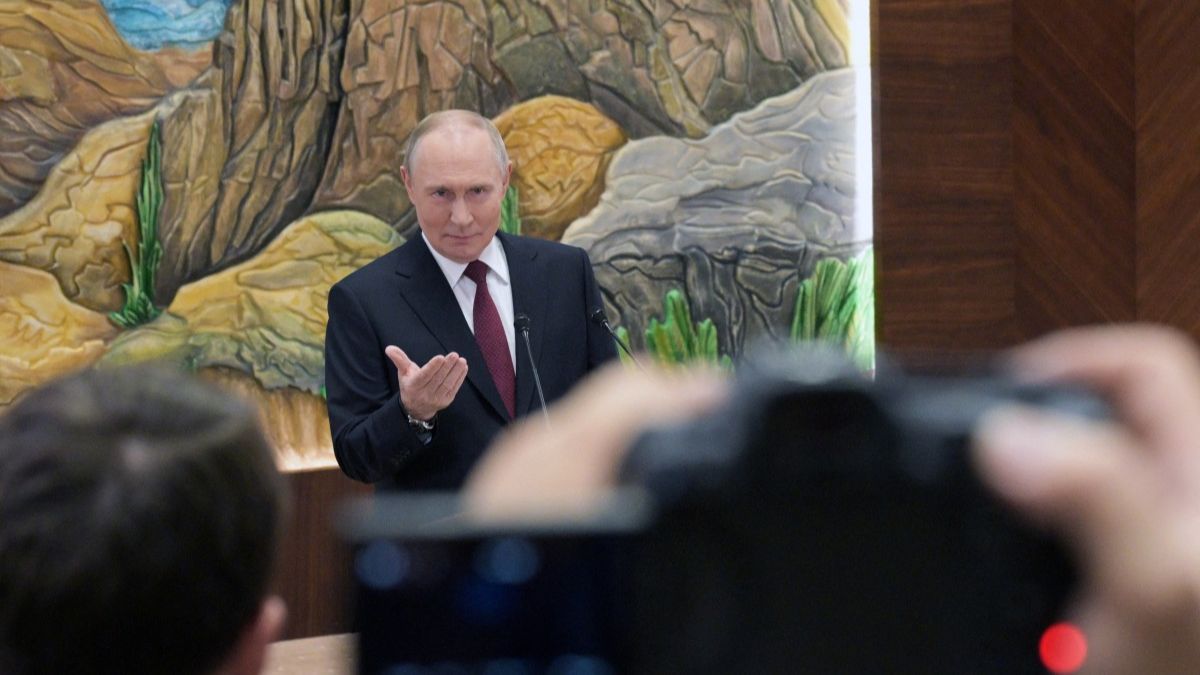)



